The tenure of Christoper Wray as FBI director represents a missed opportunity. After the problematic directorship of James Comey, Wray’s appointment by President Donald Trump on May 9, 2017, was welcomed by most current and former agents as well as the American people, who wanted the Bureau restored to its position of trust. With a ten-year term and the principal malefactors of the Russian collusion farce already fired, Wray was in a position of strength.
Under the Mueller/Comey cabal, the bureau culture had changed from that of a law enforcement agency to an intelligence mindset. That’s what led us into the ugly morass of the Russian collusion narrative and ensuing fiascos. Wray was gifted an opportunity to set things right, but sadly he did not see the underlaying cultural problem. He fast adopted the mantra, initiated by Robert Mueller as director, of describing the FBI as an “intelligence-driven” organization.
Each time a problem surfaced Wray responded, in congressional testimony or in Bureau issued statements, with some variation of the “rotten apples” are gone theme. When Special Counsel John Durham issued his blistering 306-page report taking the FBI to task failing its obligation of “fidelity to the law” in initiating and conducting the Russian collusion investigation, Wray’s response was that those “involved have left the FBI.” The opportunity to address the underlaying cultural problem was missed again and again.
On July 14, 2021, the DoJ Inspector General issued a report concerning the FBI’s mishandling of allegations against Dr. Lawrence Nassar, who had been sexually abusing hundreds of young women and girls. Two agents were specifically identified as culpable in allowing the depredations to continue. When he later had to testify about this to the Senate Judiciary Committee, Wray offered variations of the “rotten apples” are gone theme; one of the agents having been fired just days before the hearing.
A whistleblower in early 2023 surfaced an internal FBI memo linking traditionalist Catholic practices with Radical Domestic Extremists, creating a new bureaucratic acronym RTC (Radical Traditional Catholics). The creators of the document demonstrated the shift to an intelligence mindset. The analyst and supervisory analyst who authored it clearly felt they were allowed to speculate about citizens who had committed no crime. And again, Wray said, just the work of a few “rotten apples” — nothing here.
Perhaps the biggest missed opportunity to speak up and use the bully pulpit of FBI director was in response to Attorney General Merrick Garland’s October 4, 2021, directive to the FBI and US Attorneys’ Offices concerning disruption at school boards in the nation’s 14,000 public school districts. I have been told by those involved that, upon receiving this directive, more than one agent-in-charge of a field office called FBI HQ to express concern about the directive. I was also told that, in an internal phone conference, these field leaders were assured that they need only be concerned with violence, not the speech of parents.
Nonetheless, the opportunity was there for Christopher Wray to clearly and publicly declare that the FBI, as a law enforcement agency, was not going to take any action impinging on the First Amendment Rights of Americans to free speech and assembly. Many of his own executives were supporting such actions and the American people would have welcomed it. He did nothing.
Last week Wray said he would resign before the new administration takes office. Incoming President-elect Trump has said he would nominate Kash Patel to replace Wray. Let’s hope the next director seizes the opportunity to set the Bureau’s culture aright. Chris Wray was given that opportunity and passed on it; that was his tragedy.



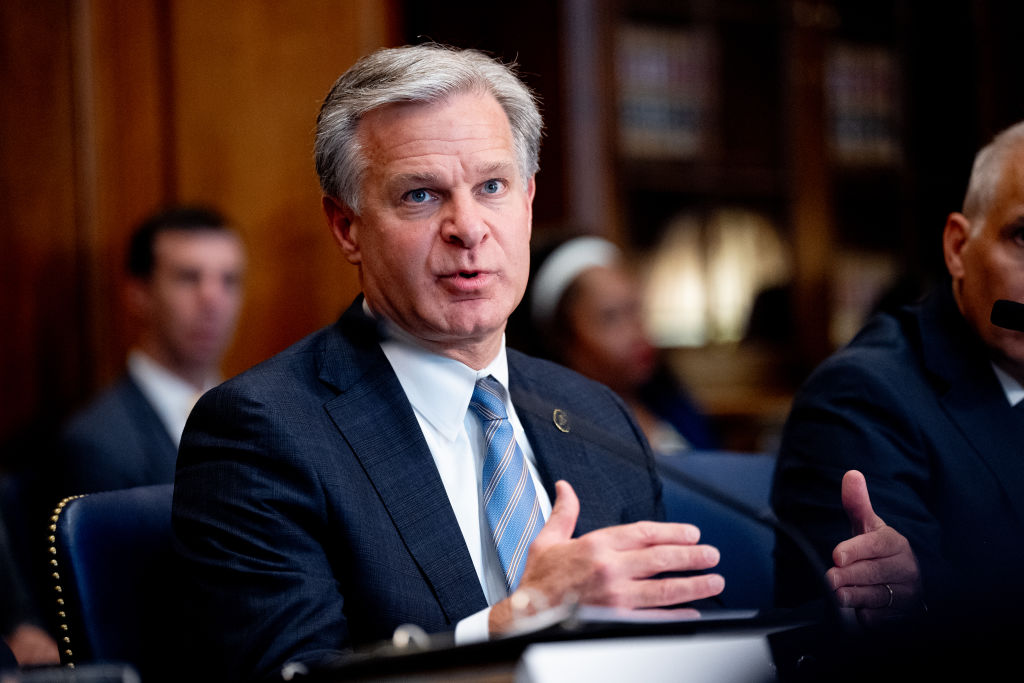






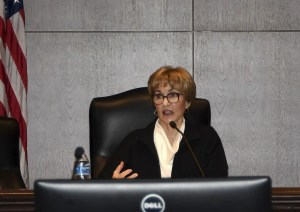





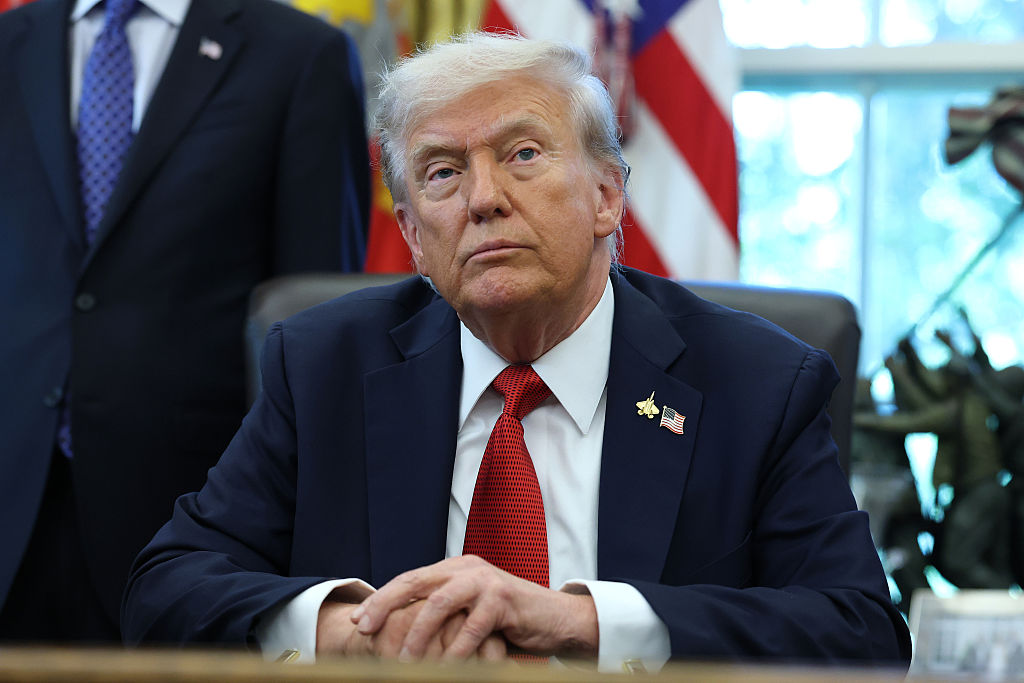
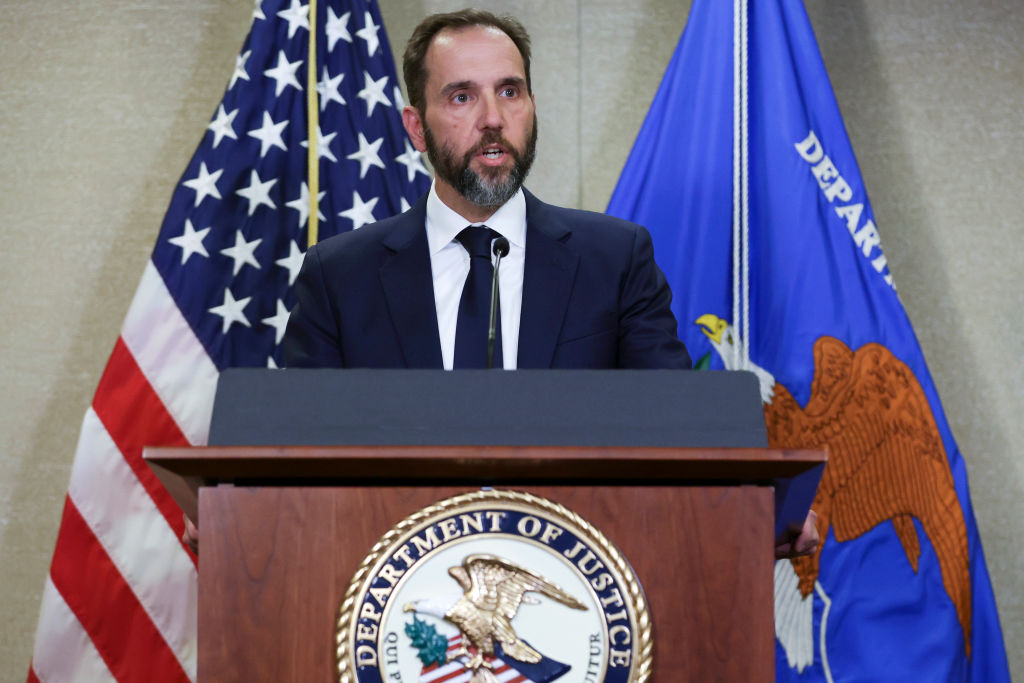
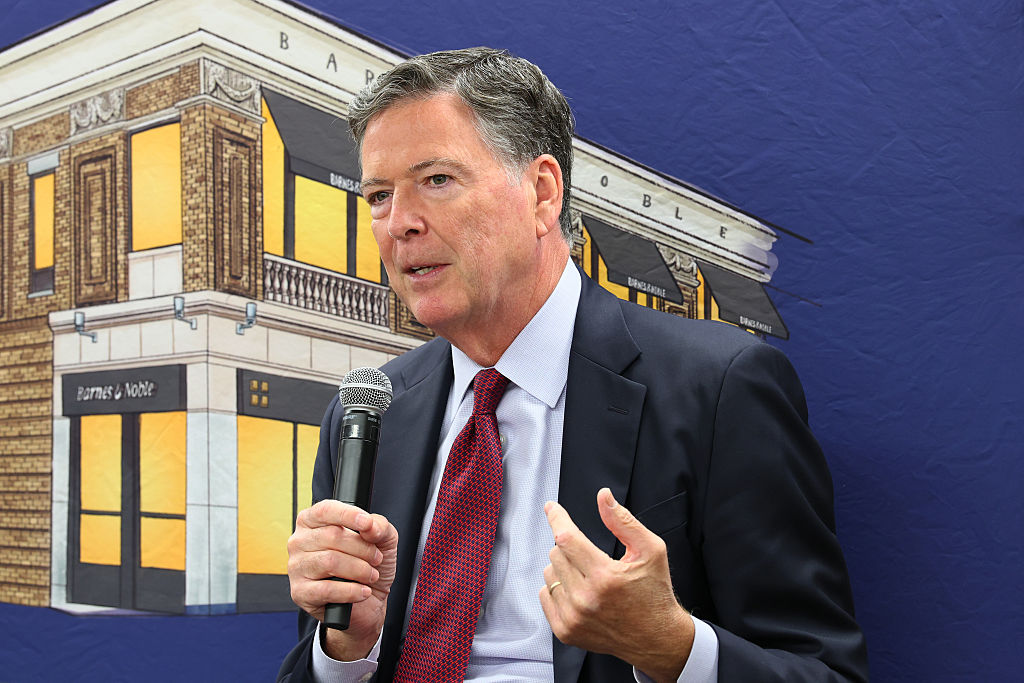







Leave a Reply